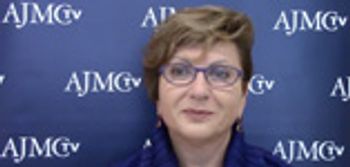
Healthcare attorney James M. Daniel, Jr, JD, MBA, explained how healthcare providers will be impacted by CMS’ newly released final rule on the implementation of the Medicare Access and CHIP Reauthorization Act (MACRA) in a session during the second day of the ACO & Emerging Healthcare Delivery Coalition.











